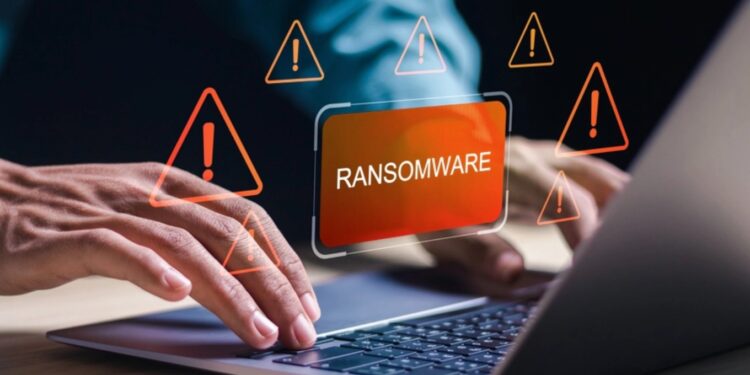A suspected ransomware attack on a major Swedish IT systems provider, Miljödata, has caused widespread disruption, affecting nearly 200 of the country’s municipal governments. The incident, which was discovered over the weekend, has prompted an urgent response from national authorities and raised concerns about the vulnerability of critical public infrastructure.
Miljödata, which provides work environment and HR management systems for a large portion of Swedish municipalities, confirmed that the cyberattack has disrupted services used for everything from handling medical certificates and rehabilitation plans to managing work-related injuries. While the full scope of the incident is still under investigation, police have confirmed that the attackers are attempting to extort the company.
According to Swedish media, the attackers have demanded a ransom of 1.5 Bitcoins, which is roughly equivalent to $168,000. This relatively modest sum, compared to other high-profile ransomware demands, suggests a potential strategy to encourage a quick payment rather than a prolonged negotiation. However, officials are also concerned that sensitive personal data may have been compromised, with several municipalities issuing warnings to their citizens about potential data leaks.
The attack has highlighted the inherent risk of centralized IT suppliers, which act as a single point of failure for numerous downstream clients. By targeting a single provider, the attackers have been able to cripple essential services for a significant portion of Sweden’s public sector. This echoes a similar attack in January 2024 on another Swedish IT provider, Tietoevry, which was also hit by ransomware and disrupted services for universities and government agencies.
In response to the current situation, Swedish Minister for Civil Defence Carl-Oskar Bohlin stated that the government is in close contact with relevant authorities, including CERT-SE, to support both Miljödata and its affected customers. The incident has also underscored the need for a new cybersecurity bill, which the government plans to present to Parliament soon to impose stricter requirements on a wide range of organizations.
As experts work to restore the affected systems, the attack serves as a stark reminder of the evolving threat landscape. The incident not only disrupts daily operations for millions of citizens but also exposes the fragility of interconnected digital systems in the face of sophisticated and persistent cybercrime.










![Online Scam Cases Continue to Rise Despite Crackdowns on Foreign Fraud Networks [Myanmar] Online Scam Cases Continue to Rise Despite Crackdowns on Foreign Fraud Networks [Myanmar]](https://sumtrix.com/wp-content/uploads/2025/06/30-12-120x86.jpg)





